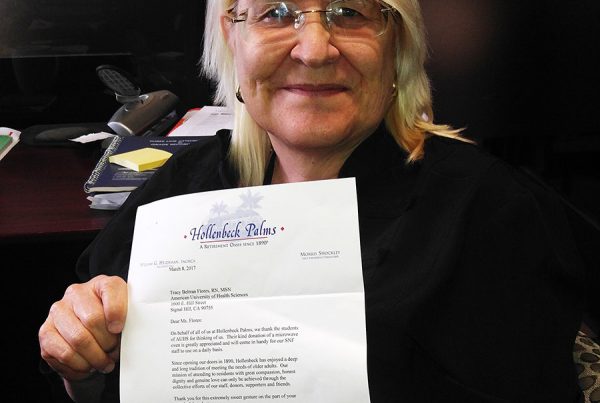By: Elaine Nguyen, PharmD, MHA
To practice as a licensed pharmacist in California, an individual must first pass two exams: The North American Pharmacist Licensure Exam (NAPLEX) and the California Practice Standards and Jurisprudence Examination for Pharmacists (CPJE). And the CPJE is considered by many to be one of the hardest pharmacy law exams in the United States.
Unlike California, most states require their pharmacist candidates to take the Multistate Pharmacy Jurisprudence Exam (MPJE) for licensure. The MPJE is designed to assess candidates’ application of laws and regulations for specific states/jurisdiction; whereas the CPJE is designed to assess candidates’ application patient medications and outcomes, and pharmacy operations. One of the main differences between the exams is that the MPJE is based on a national blueprint of pharmacy jurisprudence competencies and the CPJE is more specific to California law and clinically based. Between October 2020 to March 2021, the CPJE and NAPLEX overall pass rates were 50.8% (710/1397) and 88% (1078/1225) respectively. The average pass rate for the CPJE is typically between 47-58%, while the average for the MPJE is between 77-84%.
With the Multistate Pharmacy Jurisprudence Exam (MPJE), each jurisdiction/state write, review, and select the exam items, and item sharing is optional across jurisdictions. Unlike the CPJE, individuals who successfully pass the MPJE are eligible to transfer their existing pharmacist license to one or more states or jurisdictions. Currently, 46 states including the District of Colombia (DC) require passing of the MPJE in order to practice or transfer licensure; and 37 states including DC do not require applicants wishing to transfer their license to take the original examination.
On April 30, 2021, the California Board of Pharmacy unanimously approved a recommendation to switch California Practice Standards and Jurisprudence Examination for Pharmacists (CPJE) to Multistate Pharmacy Jurisprudence Exam (MPJE). The change over to the new test may occur after the Office of Professional Examination Services (OPES) conducts its official audit of the CPJE. What does that mean for pharmacy students or licensed pharmacists seeking to practice in California? Doctor of Pharmacy programs in California may have to change their curriculum or pharmacy law courses to prepare their students for the MPJE. This may also make it easier for pharmacists practice out-of-state to get their California Pharmacist license.


(Figures 1 and 2 taken from the presentation by the National Association of Boards of Pharmacy on the Multistate Pharmacy Jurisprudence Examination on April 21, 2021)
References:
MPJE Pass Rate 2020. National Association of Boards of Pharmacy, 2020, https://nabp.pharmacy/wp-content/uploads/2021/03/MPJE-Pass-Rates-2020.pdf
Licensure Transfer State Restrictions. National Association of Boards of Pharmacy, 2021 https://nabp.pharmacy/wp-content/uploads/2020/10/Licensure-Transfer-State-Restrictions-May-2021.pdf






